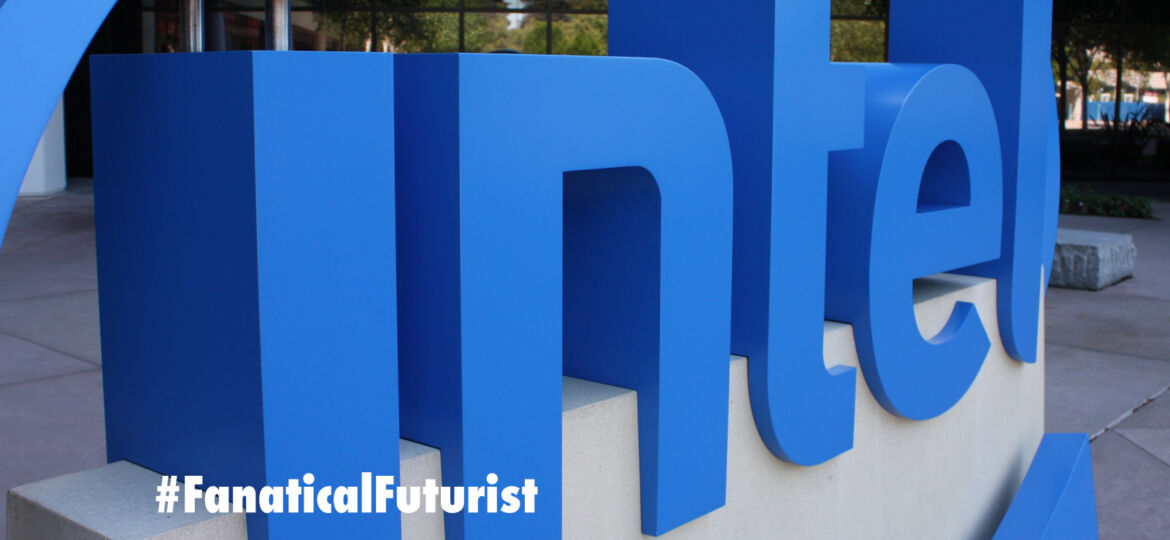
WHY THIS MATTERS IN BRIEF
It used to be the case that car companies were car companies and tech companies were tech companies, but now the lines between the industries are blurring and the old rules have changed.
Intel has announced that it will join almost every other auto manufacturer on the planet and start building a fleet of 100 self-driving cars to test self-driving technology, as the chip company tries to leapfrog rivals like Qualcomm and Nvidia who are already building up a commanding lead in the space.
The cars will be highly automated “Level 4” vehicles, which is only one stop below fully autonomous, but that said it’s still well above the level of autopilot and other commonly used features that are already on the road.
Intel said the project, which includes tests in the US, Israel and Europe, won’t replace Intel’s new autonomous driving lab, the latest version of which helps build self-driving car systems for other companies, including BMW, Delphi and Ericsson, and that was announced in May.
The fleet will instead be designed to showcase the talents of Intel’s $15 billion acquisition of Mobileye, a leader in the self-driving car space, that closed couple of months ago. Israel based Mobileye makes the technology that helps the majority of today’s self-driving cars “see,” and so far it’s given Intel a big boost into a market that it had a limited play in. Intel bought 84 percent of Mobileye’s shares and expects to see cars with the Intel-Mobileye technology on the road in 2018.
The announcement comes as competitors like Qualcomm, who produce most of the chips used in today’s mobile phones, and Nvidia, who’s GPU’s are now powering the AI revolution, ride to popularity.
Meanwhile Qualcomm announced last fall it would buy NXP Semiconductors in a $47 billion deal, and Nvidia CEO Jensen Huang gave an ambitious self-driving car demonstration earlier this year at technology tradeshow CES.
Chips are already a crucial component in many vehicles, powering the growing suite of electronic devices, and over time they’ll become more intelligent, allowing companies to do more of the hard AI processing work at the edge of the network rather than having to transmit it back to a central system, but when self-driving car sensors must collect, analyse and transmit data about the outside world constantly, a powerful chip becomes much more critical and that’s the market that intel is hoping to crack. Let’s just hope it’s more successful than its foray into wearables that it ended up unceremoniously canning last year.
















